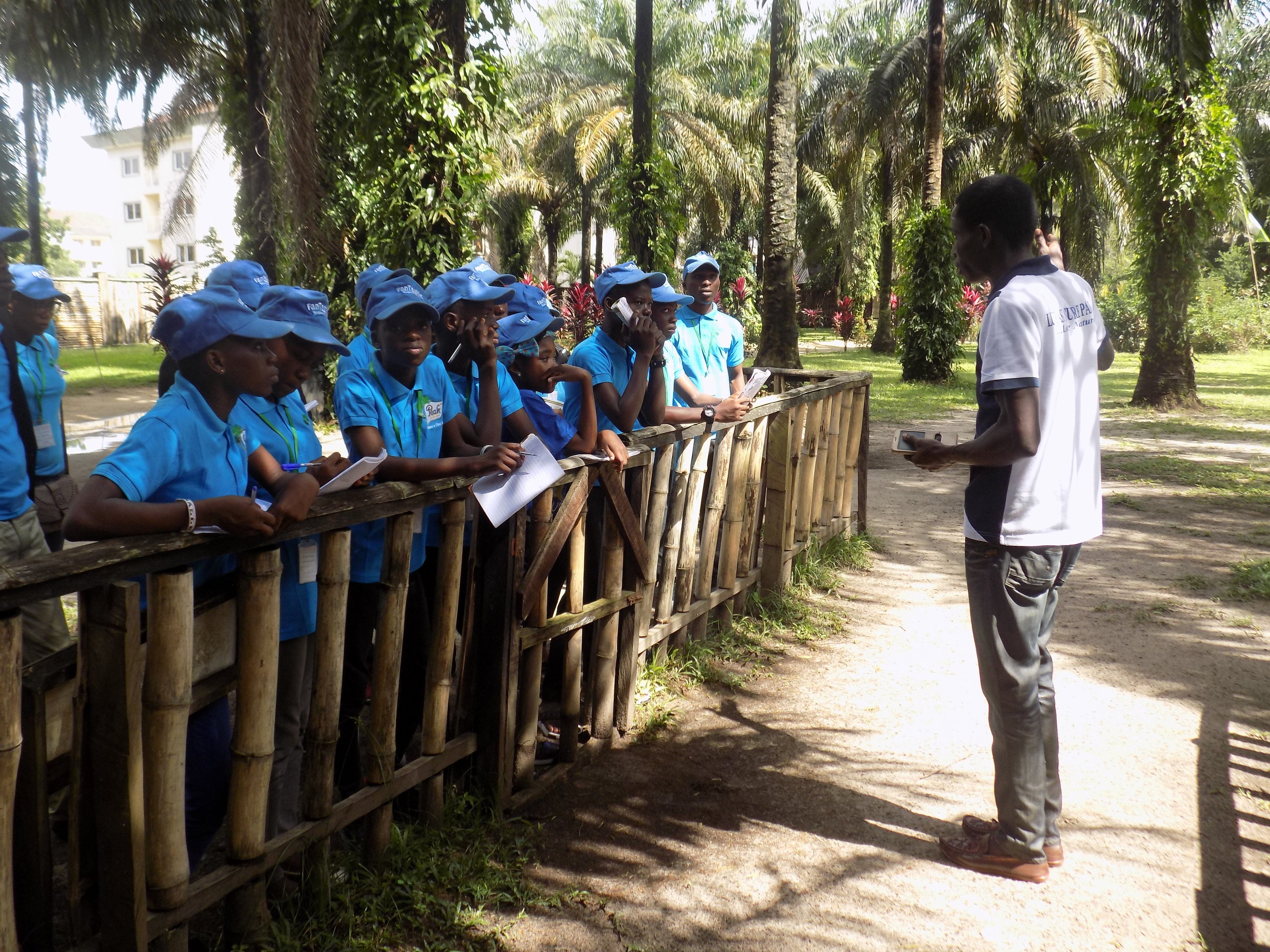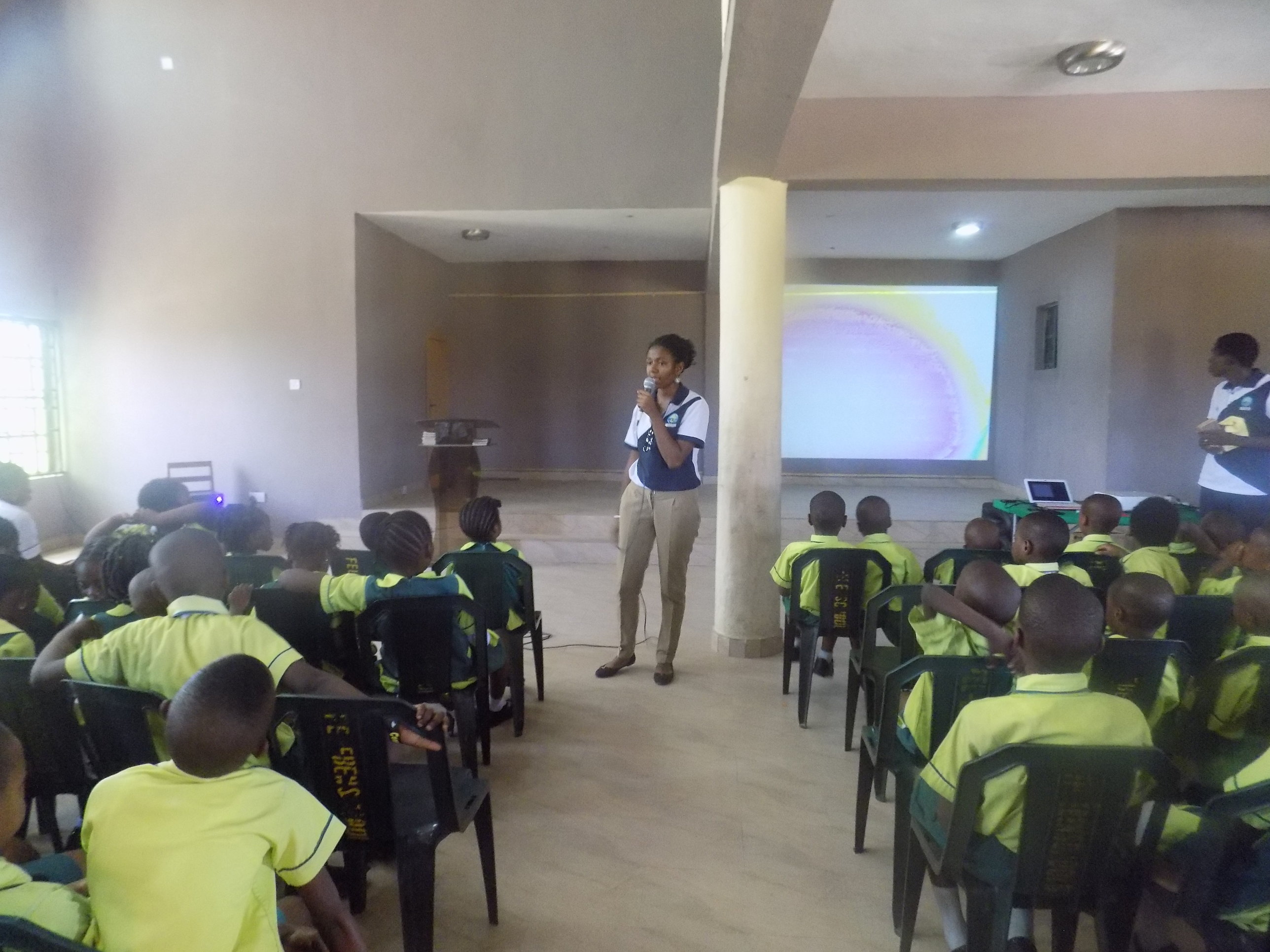


For many, the concept of protected area has not yet been fully understood in Nigeria and Lagos in particular. In this wise, LUFASI has taken a full responsibility in educating the public, especially the locals on the importance of protected areas and their ecological benefits for the overall environmental sustainability of humanity. To this end, LUFASI develops creative tools for teaching about Climate Change (CC), Forest Conservation (FC), Plastic Pollution and engage in Community Outreach using the PA as a living laboratory where students and group visitors can learn. The CC workshop is an interactive learning, which informs students and group visitors of the critical challenges facing our Earth’s climate (caused by unsustainable practices such as the destruction of forests) and empowers them to take local action for global change. Forest conservation programme focuses on bridging the knowledge gap in our forest biodiversity and importance for ecosystem balance, and expanding green cover and natural habitats across Lagos state. Plastic Pollution practical workshops focus on reducing plastic use that has put the world under threat including commemorating global environment days to further enlighten and advocate for a healthy natural environment with focus on protected areas.
-
Increased participatory engagement with local communities and the public.
-
Increased collaboration with government and its relevant agencies such as the Ministry of Environment, Lagos State leading to an increased awareness on the benefits of Pas for the overall of the environment.
-
Support from grants such as the GreenFund Grant, which awarded LUFASI with $3000 that was channelled towards the creation of relevant education materials including LUFASI’s Climate Change Animated Video and colourful booklets.
Protection and conservation of green spaces are ineffective without the effective engagement of environmental awareness measures. When people are enlightened, they are able to make informed decisions. In this light, those who went through our workshops have been stirred up to think critically on how the state of our rapidly deteriorating environment can be salvaged. As a result, many have been challenged to develop and engage in innovative solutions that can solve environmental problems at the school and community levels. Furthermore, our various workshops have inspired a small lifestyle change that influence them to pursue responsible environmental stewardship and leadership in their various endeavours towards environment. However, lack of increased funding to develop more educating materials to reach out to more people within the local communities and the public has been a major challenge.